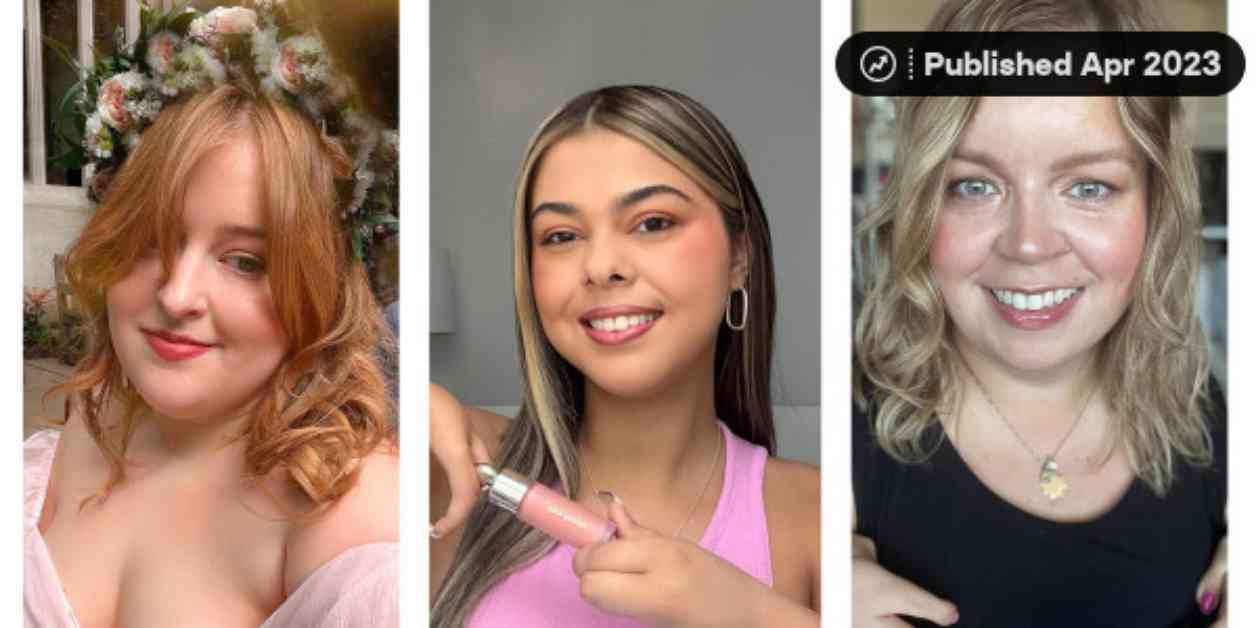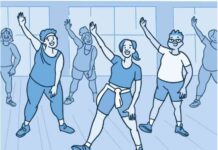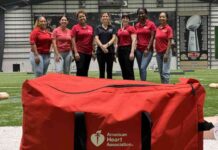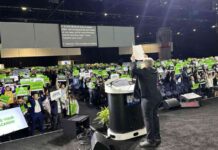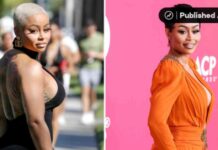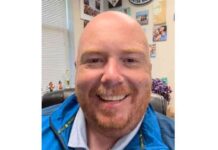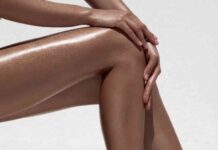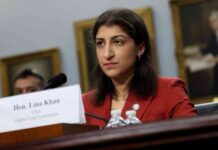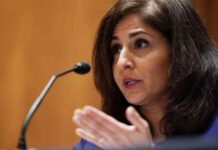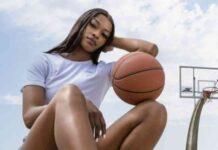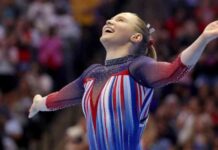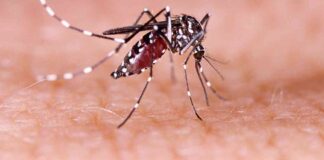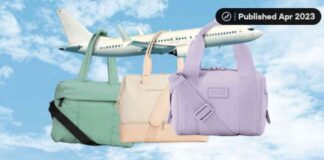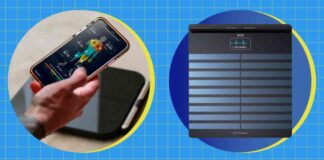Christen Roos, a 37-year-old woman from Canada, faces challenges in her daily life due to a rare genetic disorder that affects her arms. Makeup application has been particularly frustrating for her, as she struggles to open traditional makeup packaging. However, she found relief in Rare Beauty’s accessible packaging, which features easy-to-twist lids and other user-friendly elements. Roos’s positive experience with Rare Beauty’s products has sparked conversations about inclusivity in the beauty industry among people with disabilities.
Mariadeliz Santiago, who has Schinzel syndrome, also emphasizes the importance of inclusivity in makeup products. She believes that leisure activities, like makeup, should be accessible to everyone, regardless of their physical abilities. Santiago faces challenges with traditional makeup products and hopes that more mainstream brands will follow Rare Beauty’s lead in prioritizing accessibility.
Emily Davison, who is visually impaired, points out the lack of inclusivity in makeup products for people with vision loss. She struggles to distinguish colors on eye shadow palettes and hopes that more brands will incorporate features like tactile markings and voice-enabled assistance to make their products more accessible. Davison advocates for greater inclusivity in the beauty industry and encourages brands to seek input from people with disabilities to improve their products.
Terri Bryant, a makeup artist with Parkinson’s disease, founded Guide Beauty to create makeup products with universal design features that cater to people with disabilities. Bryant believes that universal design can bridge the gap between able-bodied individuals and those with disabilities in the beauty industry. She emphasizes the importance of involving people from diverse backgrounds in the design process to create products that are accessible to all.
Makayla Noble, who became paralyzed from the chest down after a cheerleading accident, finds empowerment and joy in doing her own makeup. Noble faces challenges in applying makeup due to limited mobility in her hands and arms but has found Guide Beauty’s products to be helpful. She values the independence that makeup provides her and sees it as a way to express herself and feel confident.
Brittany Wisowaty, a cosmetologist with chronic illnesses, advocates for greater accessibility in beauty spaces for people with disabilities. She believes that inclusive design in makeup products and salon spaces is essential to ensure that everyone has access to beauty services. Wisowaty emphasizes the importance of raising awareness about the challenges faced by people with disabilities in the beauty industry and encourages brands to prioritize inclusivity to attract loyal customers from the disabled community.
In conclusion, the stories of individuals like Christen Roos, Mariadeliz Santiago, Emily Davison, Terri Bryant, Makayla Noble, and Brittany Wisowaty highlight the importance of inclusivity in the beauty industry. By prioritizing accessibility and universal design, makeup brands can create products that cater to a diverse range of abilities and empower individuals with disabilities to express themselves through makeup.
